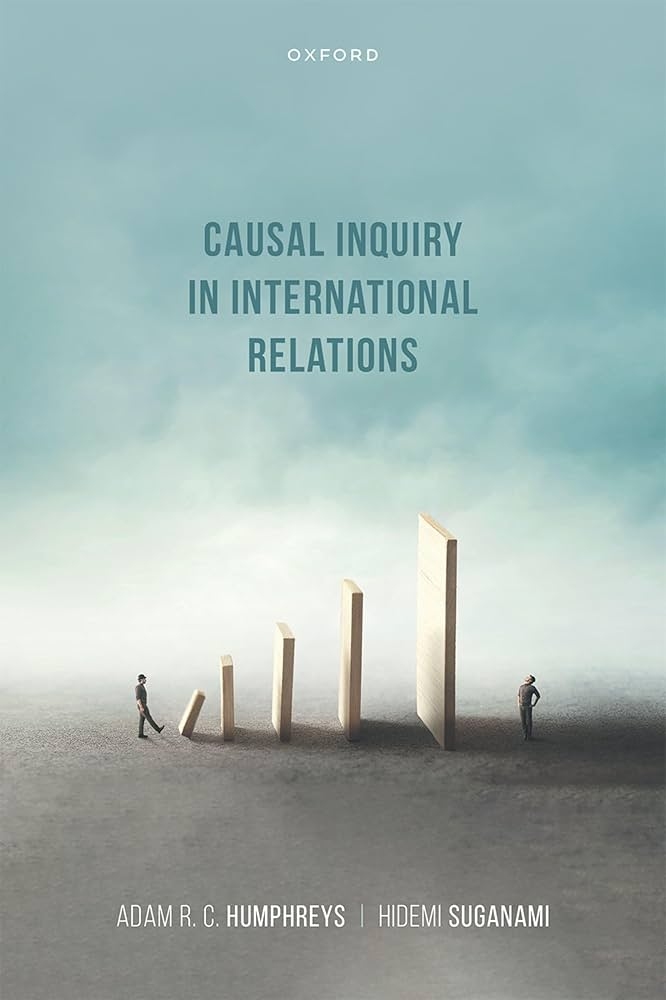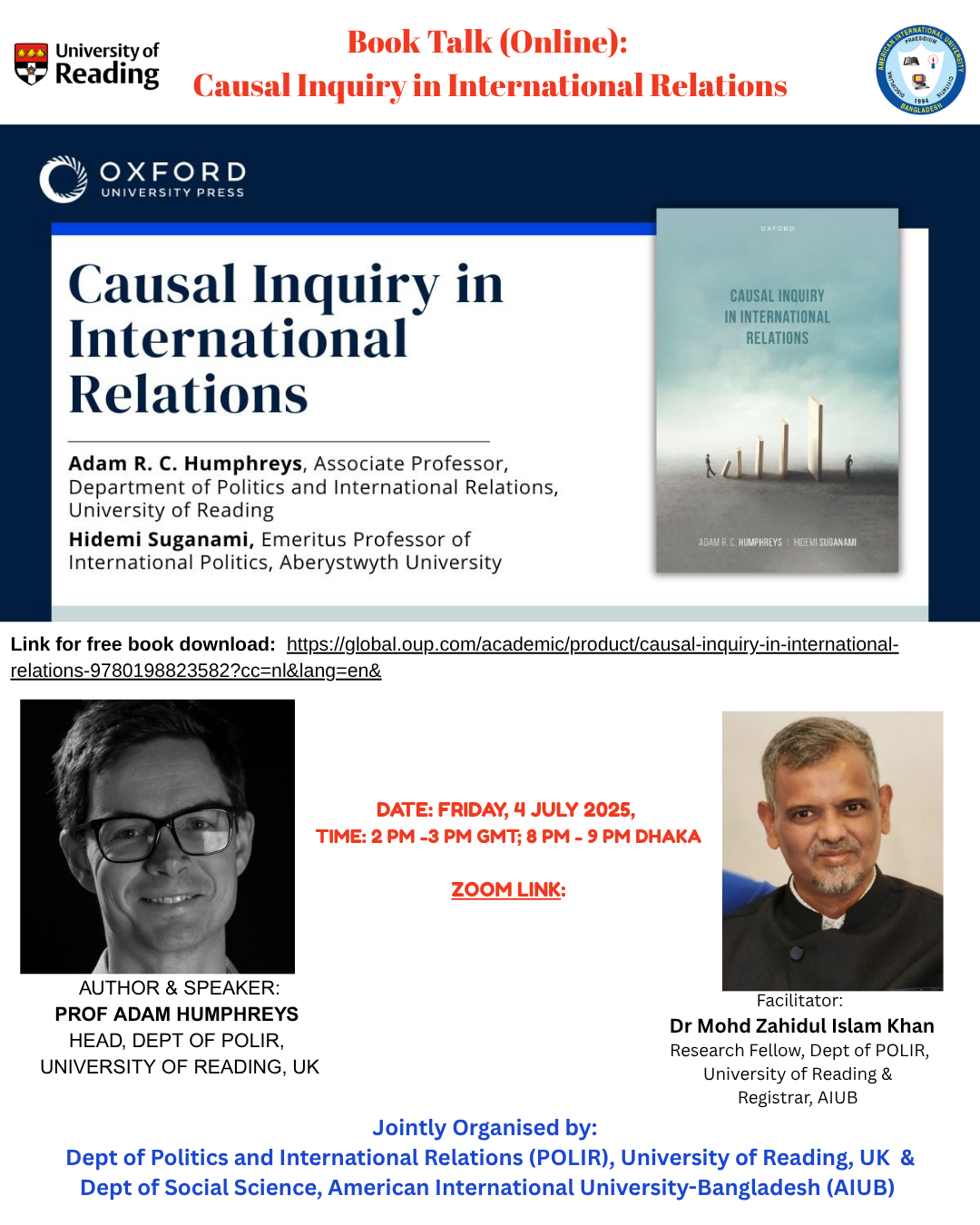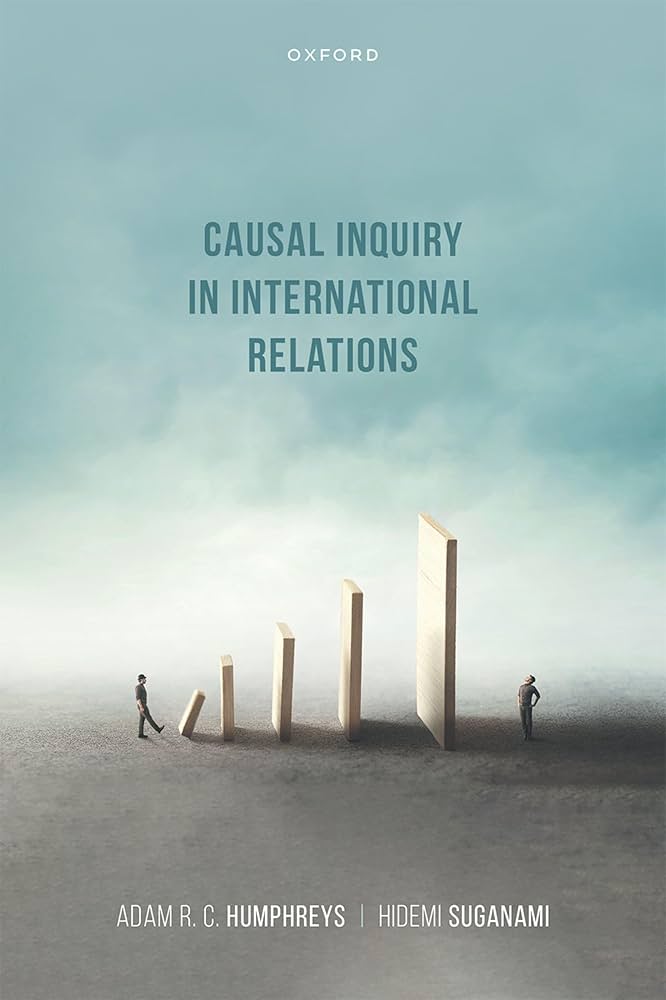Amidst a growing and palpable interest in geopolitics and International Relations (IR), the department of Social Science of American International University – Bangladesh (AIUB) and the Politics and IR department of the University of Reading, (UoR) United Kingdom, jointly organized a book talk on “Causal Inquiry in International Relations” held online on 4 July 2025. The event was part of AIUB’s research collaboration and internationalization effort and aligned with the MoU between the two universities.
Dr Mohd Zahidul Islam Khan, AIUB's Registrar and Research Fellow of Reading's Politics and IR department, chaired the session. Readers, researchers and enthusiasts of geopolitics and IR from the region and beyond attended the virtual session.
The 324-page book, authored by Prof Adam R.C. Humphreys and Prof Emeritus Hidemi Suganami, challenges conventional views on causal inquiries. The book is published open access and can be accessed here.
The author, Professor Humphreys, Head of Reading's Department of Politics and IR, outlined the key arguments. Explaining why they felt the need to write a book, Prof Humphreys stressed that “generating causal knowledge is a key task in the study of world politics.” Yet most of our causal claims rely on the "regularity view" and are based on “deep (often hidden!) assumptions.” Clarifying such ‘hidden assumptions' and their ‘methodological implications’ is essential to produce new knowledge, he added.
Drawing examples from extant literature, such as, ‘revolution causes war’ or ‘shared democracy causes peace’, Prof Humphreys explained that these statements tell us that there is a propensity for A-type events (i.e. revolution, democracy) to produce B-type events (i.e. war, peace) - if the conditions are right. They are not definitive causal claims.
Described the talk as ‘fascinating and excellent’, Prof Aminul Karim of Bangladesh University of Professionals, opined that the book opens a new dimension into the extant literature about the methods and process of causal inquiries by the IR scholars and beyond.
Distinguished Expert Dr Mahmud Hussain, of Aviation and Aerospace University-Bangladesh, described the book as ‘profoundly insightful.’ Drawing relevance from Thomas Kuhn’s idea of ‘paradigm construction’ and Immanuel Kant’s ‘Critique of Pure Reason’ – built on the work of David Hume as discussed in the book – Dr Hussain, opined that Humphreys and Suganami’s book on Causal Inquiry advances our understanding on the ‘theory of knowledge’ and is a must read.
Recalling that ‘correlation is not causation’, IR scholar Dr. Naser, of National Defence University, Pakistan, added that the method and process for causal inquiry outlined in the book are essential to arrive at correct policy prescriptions.
Noting Prof Humphreys' emphasis on single case studies, Mansura Amdad, Lecturer of IR at the University of Dhaka, pointed out that the 1991 Kargil war between India and Pakistan tends to defy the democratic peace theory. And raises an intriguing question: if the single case study method is a marker to establish propensity, such exceptions (like the Kargil war) to the established causal theories are the new pathways for establishing new causal (or propensity) theories?
The talk concluded with a vote of thanks from the Chair and congratulations to Prof Humphreys on his new role as Head of School for Philosophy, Politics & Economics at the University of Reading.
The recorded version of the book talk is available here: https://shorturl.at/GRo3w



